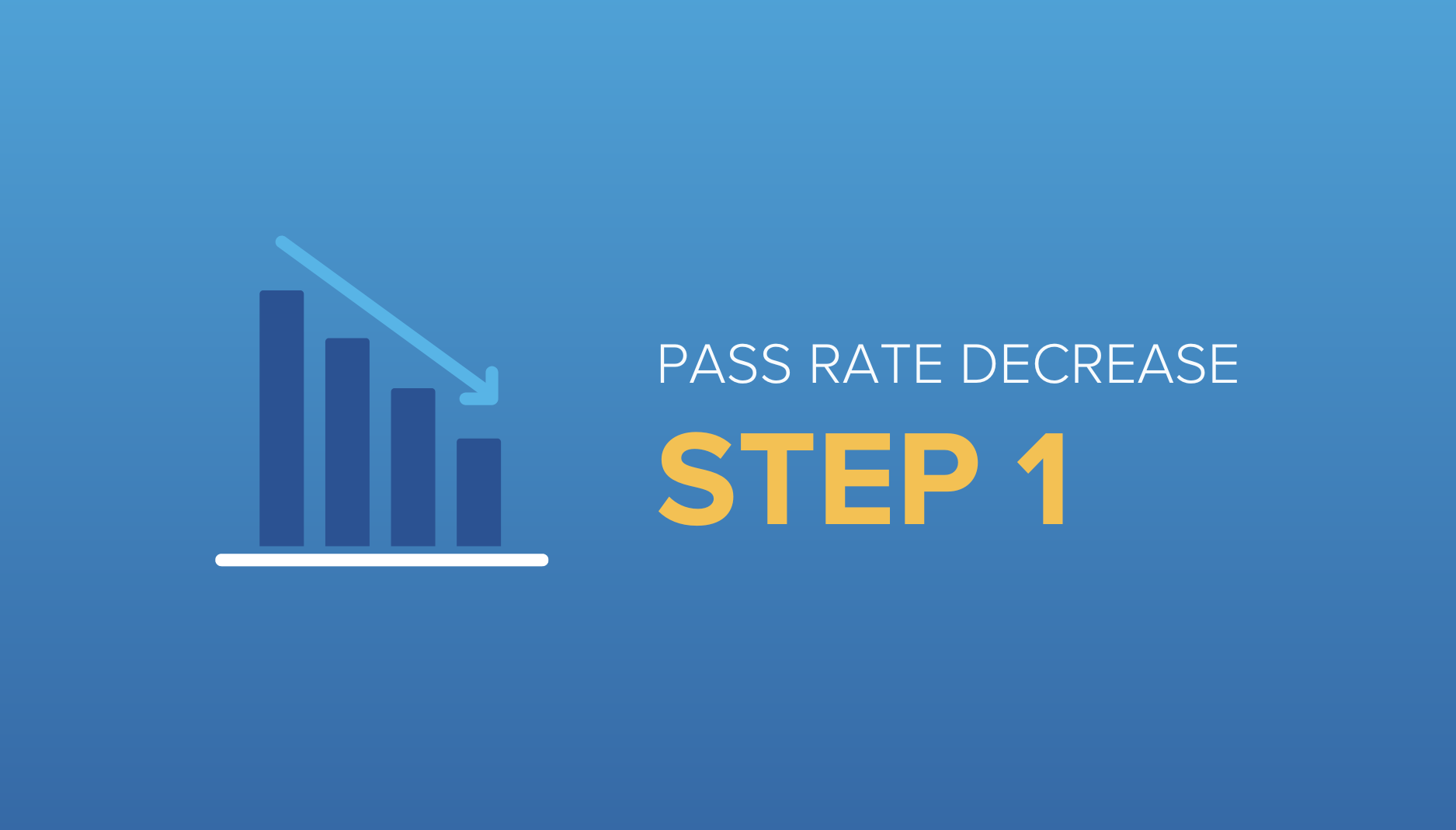Even for the most stellar students, medical school can feel overwhelming. From figuratively running through Anki flashcards between lectures to literally running through clinical shifts, succeeding in med school often means having to juggle many tasks at once.
Fortunately, there are countless students who’ve completed the same journey you’re now on—like me. And from one med school survivor to another, I’m happy to share a strategy that enabled me to better manage the various stressors that came my way.
The Best Medical School Advice I’ve Ever Received (& How It Shaped My Experience)
Before: The Rising Pressures of Medical School
The day I heard this game-changing med school advice, it was a sweltering Sunday afternoon in August, day 0 of medical school. We first-years were all so excited to start that Monday morning’s classwork and officially begin trailblazing toward doctorhood. Our first obstacle was six hours of back-to-back-to-back orientation lectures on this charged-up Sunday.
I think about 12 attendings talked to us that day. Some were full of vigor and zest and inspired us for what laid ahead. Others look like they had something better to attend to, but we lent our ears all the same. Lectures ranged from the usual “Importance of Time Management” to the cautionary “Stay Away from Drugs and Binge Drinking.”
Next up, we heard from the fresh crop of fourth-year medical students. These guys were rockstars in training, and exuded the confidence that said, “I’m practically a doctor.” That’s when one fourth-year dropped a bomb of knowledge that still resonates with me to this day.
He instructed us that instead of living in the future and trying to optimize everything that lies ahead, that rather, we should aim to:
Do an excellent job at whatever you are doing RIGHT NOW.
At the time, it was just another piece of advice. My meditation training helped me to try and stay in the now. But then, because I was surrounded by 180 ambitious medical students, it became a more difficult prospect. It was week one of medical school, and my peers were talking about board scores. Other friends were talking about what fourth-year electives they heard were easy so they could take epic vacations at that point. Everything was moving really fast. That’s when I started to see the wisdom in what that fourth-year student had told me.
After: Revolutionizing My Approach to Work and School
Just as I started to become overwhelmed by the realities of medical school, I decided to stop, take stock of things, and really consider the advice I’d been given: Do an excellent job at whatever you are doing right now.
So I asked myself, “What am I doing right now?” Learning biochemistry fundamentals. I did my best to drown out the noise, read the assigned text, and take exquisite notes. Sure, a minute amount of effort was devoted towards envisioning the big picture, and some of what was to come.
However, I did what I could to focus the entirety of my effort on whatever I was doing at the time. And it paid off with solid scores in coursework, and a board score that I was proud of.
I had the same conundrum during my intern year. I was on a month of surgery during my transitional year, before I began my three years of anesthesia-specific residency training. Was I to focus on being a great surgery intern, or devote my efforts to internalizing Miller’s anesthesia (a 1000-page tome) so that I could pass my board exam in 19 months?
To make my decision, I circled back to the same question I did while at the start of med school: What was happening right now? Surgery, not anesthesia. I put the effort into being the best surgical intern that I could. There would be plenty of time to study.
As an anesthesiologist at a busy practice, I give myself the same reminder. I have one OR going, have to start another one, but I’m scrubbed into a difficult epidural. My phone rings again—is it a difficult airway in the ICU? Is something untoward happening in the OR? I have the nurse field the call and take a message, and try to silence my mind, giving all of my thought and focus to finding loss of resistance and placing the epidural.
How You Can Implement This Strategy in Medical School
Do what it takes to develop insights into what you are thinking. Examine the content of your thoughts and see how much time you are thinking about known (or unknown) events that are going to occur at some point in the future. How much of your mind space is currently being devoted to future worries? Try to focus your energy and efforts on the now, and let the big picture fall into place.
From the Zen master focusing intently on their breath to the attending surgeon hovering over an open abdomen, focusing on right now is unequivocally necessary. While at home playing with children or exercising to keep fit in school or doing just about anything, give the totality of your devotion to the current activity. Focus on the work when working—it will enhance the essence of every experience and allow you to stay centered and productive no matter where you are in your medical journey.





